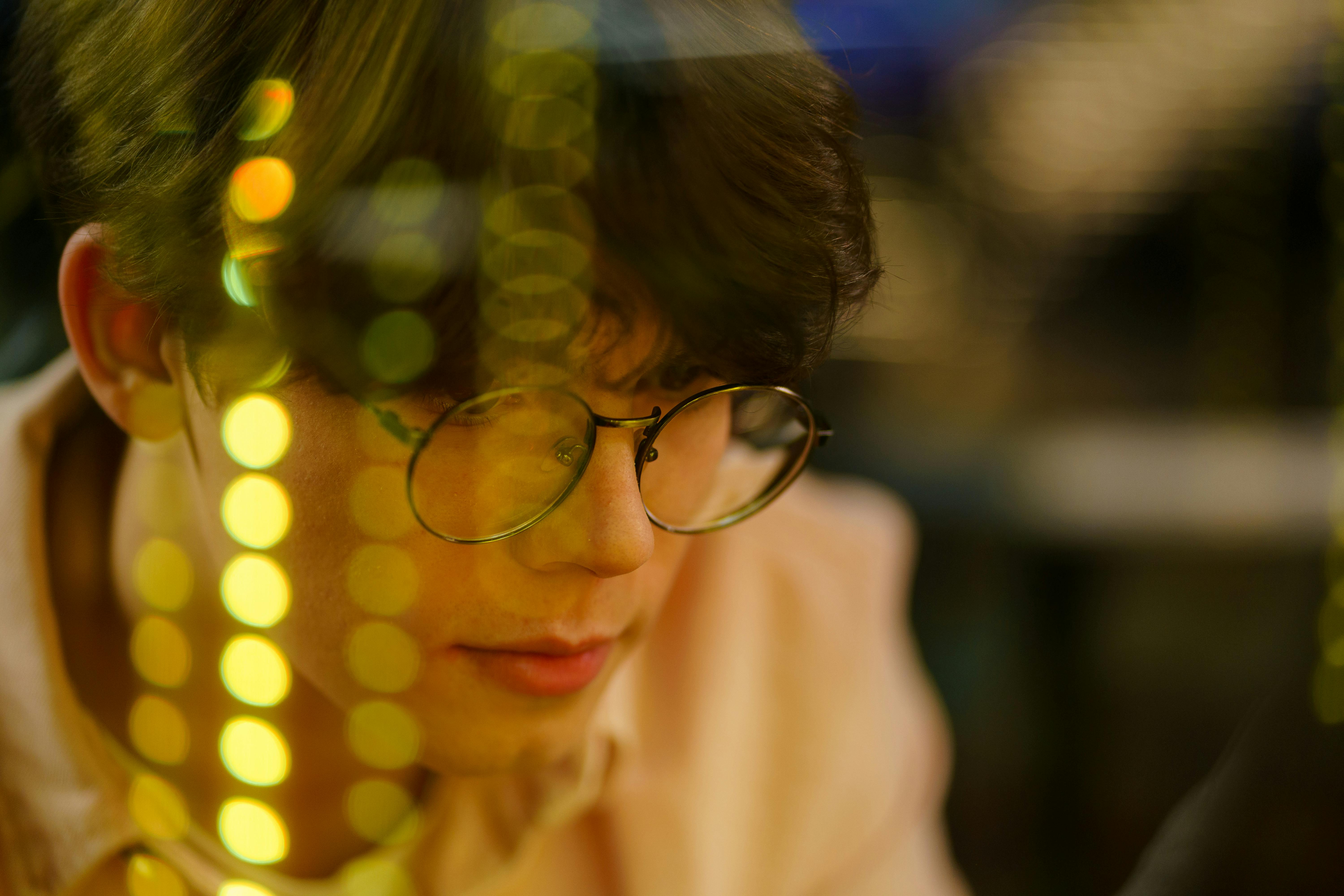“Next year in Jerusalem”. The words at the end of the Passover seder always give me the creeps. How many Jews from how many generations have longed to celebrate in the Holy Land. Last year, however, I was faced with a dilemma. He wouldn’t be celebrating Passover in Jerusalem or, as usual, at Nancy and Charlie Behrend’s holiday table in suburban Denver. I would be adrift, working half a world away in Kampala, Uganda. The possibility of Passover without family, friends and a seder loomed.
Three colleagues and I were headed to Kampala to work on a video series about a Boulder, Colorado-based non-governmental organization called BeadforLife beadforlife.org, which is making a big difference in the lives of Ugandans living in such poverty. extreme that kills It is a collaboration of cultures and compassion. Women in Uganda, whose lives have been crushed by the modern scourges of civil war, HIV/AIDS, famine and homelessness, make colored bead jewelry from recycled magazine pages. Women in North America sell them and the money goes back to Uganda for education, health and housing. Until two years ago, the only way for these women and their families to survive was to work in a quarry, crushing stones for a dollar a day. Each day was spent in the endless search for enough to get families through the next day. Babies were lost to disease or sometimes thrown away, children went to bed hungry, parents succumbed to AIDS, leaving children orphaned and alone. Like Easter night in biblical times, death was within everyone’s reach.
We spent the trip in the slums of Kampala. Witnessing the way more than half the world lives was life changing. Thousands throng into the Acholi neighborhood, which is teeming with refugees from a senseless and brutal 19-year civil war in the north. People live in a world of red earth with no electricity, running water, sewage systems and, in many cases, no hope. The children have swollen bellies and tattoos on their clothes. The houses are made of sticks and mud that crumble in the rain. However, over the course of our stay we witnessed an incredible surge of spirit and generosity. What little there was, was shared. The smiles were warm and abundant. They all had light in their eyes. They sang and danced through their suffering. Women like Naiga Mary, Rose Namukasa, Achan Grace, Millie Grace and Jajja Josephine who refused to give in to their poverty were earning an income by doing accounts and their hard work was blessing entire families and communities.
In this setting we celebrate Easter. Our hosts, Dr. Charles Steinberg, a leading AIDS doctor, teaching native doctors how to administer antiretroviral drugs and treat the disease that has killed a generation of Africans, and his wife, Torkin Wakefield, co-founder of BeadforLife, They took a step forward. get up and host a Passover seder at his apartment. His friend William, a former Catholic priest who has spent decades ministering in Africa, joined us. Of the four on our production team, two had never experienced a Passover seder before. We lit candles and prayed to heal and not harm. We couldn’t find any matzo in all of Kampala, so we improvised and ate the Indian flatbread called nan. On the cover of our impromptu Haggadah was “Escape from the Quarry.” The word Haggadah means “the narrative” and tells the story of the Jews’ flight from Egypt. In light of what we were witnessing, the escape from slavery was a powerful story of freedom and liberation.
In the preface to our Haggadah we were reminded to let the ritual inspire us to alleviate suffering, work against injustice, recommit to our own spiritual awakening, and leave a trail of kindness as we walk the world. We reflected on what parts of our character we wanted to eliminate, and when our weaknesses became apparent, we completed the thought with an emphatic Kayn Yihee Ratzon: “so be it.” We discussed the nuances of the seder, asked the four questions, and told the story of how God sent plagues on the Egyptians that ultimately forced Pharaoh to free the Jews. We pray mightily to cast off the plagues of our modern life:
Teaching of hate and prejudice.
Greed and avarice.
Abuse of Mother Earth.
Hunger. Especially here in Africa.
Corruption of justice and government.
Poverty.
Disintegration of families and communities.
Oppression of nations and peoples.
Making war.
Apathy and hopelessness.
We mainly talked about the incredible resolve we were witnessing and how a circle of compassion and connection was transforming lives. As we sit together, we consider what we were thankful for. With the Dayenu we proclaim “enough” and promised not to focus on what we lack in life but to thank all our blessings. After witnessing the suffering and redemption in the slums of Kampala, it became so apparent that we have incredible blessings in our country, gifts that people in the Third World cannot even fathom. Remembering the bitterness of oppression, we were able to taste the sweetness of freedom, a freedom that we wish for all the people of the world who are enslaved by poverty and chaos. We prayed for peace and opened the door to Elijah and welcomed him. Could any of the women who campaigned at the rock quarry for $1 a day be Elijah keeping his promise to come back as a poor person to see how he would be treated? Can we search within ourselves and cast out the curses of our world that afflict hearts and countries like those in Africa and do our part to ensure peace on the troubled continent? At our table in Kampala we conclude with the words that are said at every seder in every part of the world. “This year we celebrate here, but next year in Jerusalem.”

